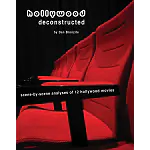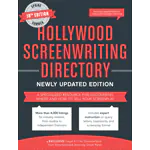What is the Time Frame of Your Screenplay?
When you first get the idea for a story it will probably focus around an interesting character, event, act three plot twist, high concept or thrilling action sequence, but…
Avoid Coincidence In Storytelling
Constructing an original, entertaining and intelligent plot is hard work, but that should not mean you should settle for the easy option when writing a screenplay. In fact, the…



